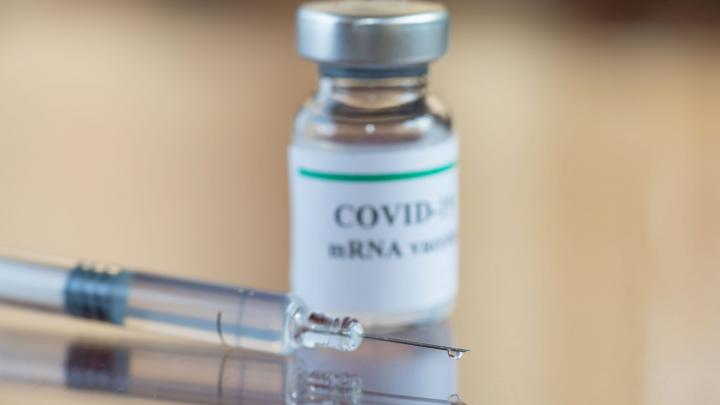When the COVID-19 mRNA vaccines were bound for Poland, you could hear that they were untested preparations working to modify human genes. Today, vaccines developed with this technology are the most trusted by Poles, according to PAP Dr. Piotr Rzymski from the Medical University of Poznan.
Poles’ attitude to different types of vaccines against COVID-19 has been studied by scientists from the Karol Marcinkowski Medical University in Poznan and Poznan University of Life Sciences.
Researcher Dr. Commenting on the results, Piotr Rzymski noted that when the first doses of the mRNA vaccine were sent to Poland, it was very common to hear in public that they were unexplored preparations, with unknown mechanisms of action, or lead to some genetic modification in humans.
Today, the level of awareness about the preparations developed in this technology is very different. In a study we conducted in February and March of a group of more than a thousand people who would like to be vaccinated against the Coronavirus COVID-19, the mRNA vaccines of all types of vaccines were the most popular and of the highest degree. Of confidence, regardless of the age or education of respondents. Interestingly, more than 20 percent had not heard of the classic solutions – such as live or killed vaccines – in the survey, they were also given a lower degree of confidence, despite the long history of using them against diseases. Different.
The expert noted that among the COVID-19 vaccines authorized in the European Union and used in Poland at the time of the study (the study was conducted until a positive recommendation for a Johnson & Johnson vaccine was obtained), the mRNA vaccine enjoyed a very high degree of confidence – i.e. Pfizer and Moderna. .
“The Astra Zeneka vaccine, in which the participants were less confident, was very unthinkable. Rather, it was less than that administered to the vector solutions in vaccines. This must have been influenced by media reports of side effects after the first dose, and confusion about The efficacy of this product and, finally, the rare thromboembolic events that are still being monitored by EMA “- Roman noted.
The expert pointed out that among the previously unauthorized vaccines in the European Union, the mRNA vaccine from the German CureVac had the highest level of confidence, which the EMA may issue a recommendation on as early as May this year.
On the other hand, Sputnik enjoyed the least confidence. This is not surprising and it is not only due to the turbulent history of Poland and Russia, but also – or perhaps most of all – the fate of this vaccine, which was approved by the Russian authorities in August 2020, after which the third clinical treatment was launched a phase study to collect information regarding the safety and efficacy of the preparation. – He emphasized.
Rzymski noted that the results of the study confirm that the information and education campaign can greatly influence the perception of a particular type of vaccine.
Today, mRNA vaccines have the most confidence. If they pass the epidemic test, there is a possibility that they are more acceptable than those developed in other technological solutions. It is worth noting that dozens of clinical trials of these vaccines are already underway, including against Zika virus, Nipah virus, RSV, cytomegalovirus, Epstein-Barr virus and HIV. What’s more, the mRNA platform itself has the potential to be used in personalized cancer treatments, which have been undergoing various studies for years, ”he said.
He added that the present may also be ideal for raising awareness of all types of vaccines, given the high level of interest in vaccination in general in the community.
Interestingly, one factor, with the exception of age over 50, gender and lower education level, that determined the highest level of fear of being vaccinated against COVID-19 is the lack of research on this topic. Conscious people feel more confident and secure. As the respondents indicated, materials developed with the participation of experts were the most important source of information about vaccination against COVID-19. This confirms the sense of initiatives like + Science Against Epidemic +, in addition to the many other educational activities currently being carried out in Poland.
Rzymski confirmed that Poles are gradually increasing their willingness to be vaccinated against COVID-19. As he remembers, in the first studies conducted in November 2020, only 20% of respondents wanted to be vaccinated against COVID-19. Threads. In December, the percentage has already exceeded 35 percent, and in mid-February this year – 55 percent. (PAP)
Author: Anna Gossa
ajw / mmu /

“Music specialist. Pop culture trailblazer. Problem solver. Internet advocate.”







